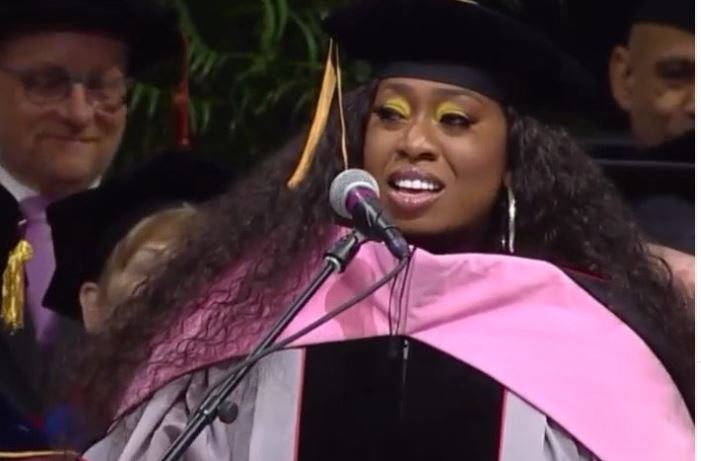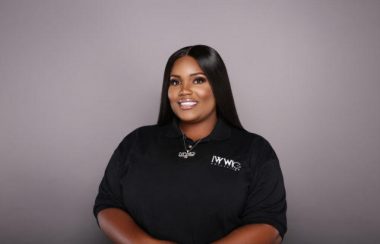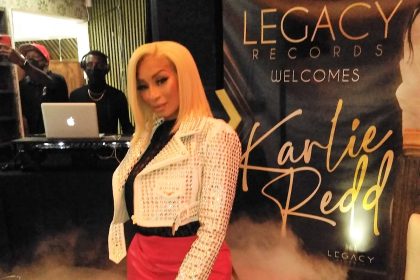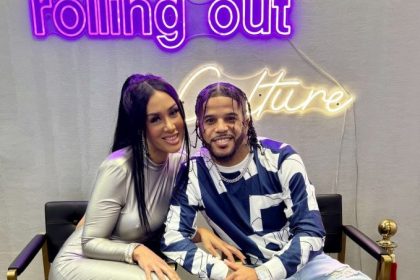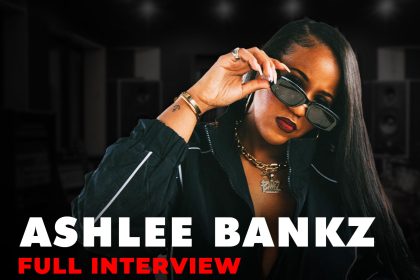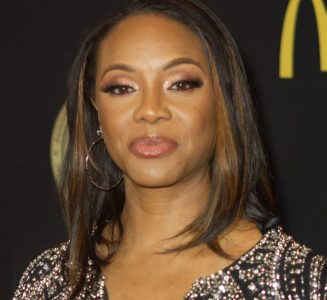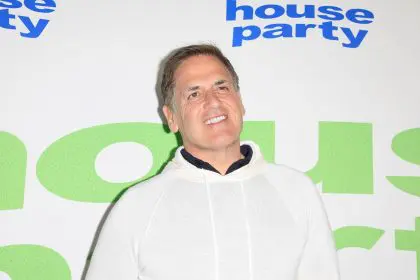
Call Mona Scott-Young the Shonda Rhimes of reality TV production and documentaries.
Much like her celebrated prime-time network counterpart Rhimes, who created the pulsating juggernauts “Grey’s Anatomy” and most especially “Scandal,” Scott-Young is a prolific producer of compelling small screen fare that light up the Nielsen Ratings. Her career portfolio and bank account are thick. The record executive, talent manager and former co-owner of Violator Management is a production daredevil worth upwards of $30 million. Her illustrious career includes repping a long list of distinguished hip-hop artists such as LL Cool J, Missy Elliot, 50 Cent, Fantasia and Busta Rhymes.
But Scott-Young catapulted into individual fame and became a household name in urban America by creating and becoming executive producer of the blockbuster reality TV franchise “Love and Hip Hop” — and most particularly “Love and Hip Hop Atlanta.”
Scott-Young is the quintessential embodiment of a life rewarded for stepping out on faith from a plush, lucrative — albeit unfulfilling career — and pursuing her dreams and procuring industry cache and wealth previously unfathomable to her.
Take a quick look at Scott-Young’s journey from anonymity to production powerhouse seemingly overnight.

Scott-Young’s incandescent ascent up the entertainment and television production hierarchy began under the most inconspicuous circumstances.
Scott-Young started in the workforce in New York City in an industry that had nothing to do with entertainment or celebrities. She is a 9-to-5 married mother of two working for a developing firm in Manhattan, managing the office and working with graphic designers.

Her entertainment career had its infancy when Scott-Young took a holiday gig at Radio City Music Hall. “They would hire people around the holidays to do guest relations for the shows. That was my first interaction with celebrities, or at least performers,” according to fader.com.
While Scott-Young was holding her regular and temporary gigs, she was taking dance classes over at Broadway Dance Center when she happened upon a group of women who had a company called Duntori, who specialized in artist development and choreography and was impressed enough choreograph a squad called the A-Team. That fortuitous link from one opportunity helped her link onto another, TrackMasters. They were also impressed with Scott-Young’s game, hired her to be their manager.
It was here that Scott-Young linked up with Chris Lighty, because he was good friends with TrackMasters, and an entertainment juggernaut was born.
 While Scott-Young and Lighty were growing Violator, a company they co-founded, Scott-Young internal radar went off. She discerned a trend that would sowed the seeds of her present fortunes.
While Scott-Young and Lighty were growing Violator, a company they co-founded, Scott-Young internal radar went off. She discerned a trend that would sowed the seeds of her present fortunes.
“With Violator, I recognized early on that there was a trend toward artists finding managers as they transitioned into the world of television, branding and sponsorships. So here we were building their brand and music, but when they were leveraging that into TV and film, there were other managers that would come in and take over,” she said. “For us it was always about, we built these brands, we want to protect them. We needed to educate ourselves, put our foot in the door and have those relationships that we could bank on.”

